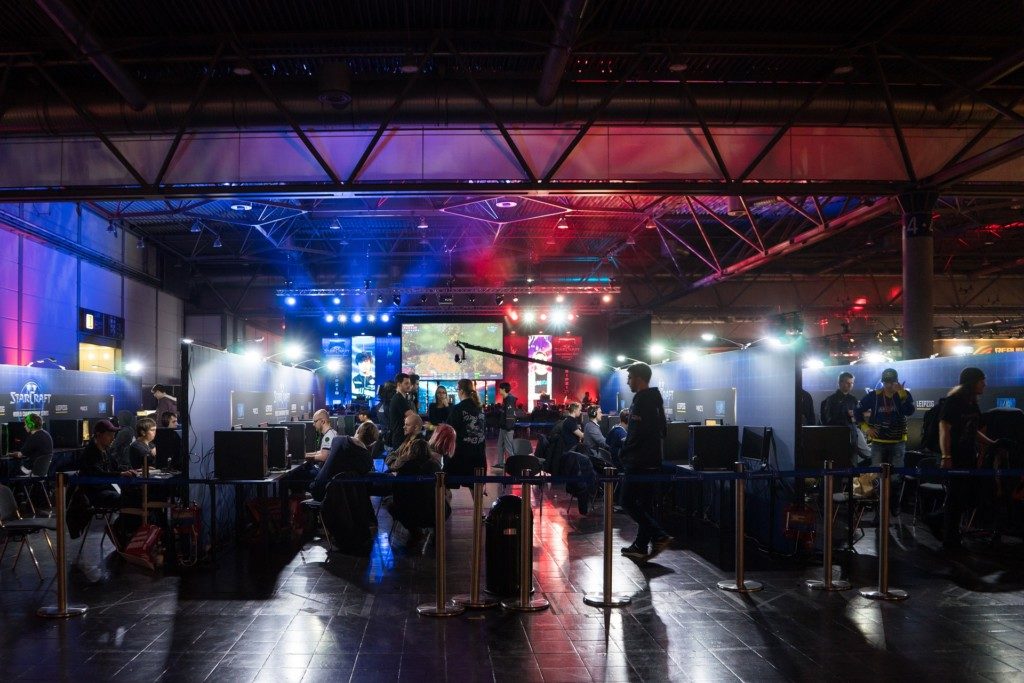The popularity of Esports has skyrocketed over the years. We’ve even covered how the MCM London Comic Con a few years back had an entire arena dedicated to esports, courtesy of the MCM Expo Group and operated in partnership with esports company ESL. The arena hosted the UK’s biggest League of Legends and Counter-Strike teams as they battled it out for the £12,000 grand prize. That pales in comparison to the recent news that the winner of the Fortnite World Cup received $3 million!
Indeed, instances like this only illustrate how big esports has become. Even in the world of gambling, esports betting is now commonplace, leading many to ask whether esports will eventually outperform other traditional sports in this area.
A growing trend
EuroGamer already details that a study by the UK Gambling Commission has found that approximately 8.5% of British adults have placed a bet on esports at some point in their lives. From that percentage, approximately 3% placed bets during the month the study was conducted. Similarly, an article published by TuxSlots reports that over 300 million people across the world tune into esports and that number is expected to increase to 500 million by next year. Considering all this, it becomes apparent that esports will certainly be very lucrative for the gambling industry.
Room for improvement
However, the aforementioned EuroGamer article also talks about several obstacles that stand in esports’ way. First of all, while many games are won based on the player’s dexterity and timing, a few games such as “Hearthstone†or even “Dota 2†largely involve random number generation – leading to the dilemma of whether it is even moral or practical to generate odds for them. Additionally, competitive esports also lacks an overall governing body akin to FIFA for football or the PGA with golf. This lack of regulation deepens its risk for gaming manipulation and even opens it up to accusations of child exploitation. Some critics have pointed out that the open nature of esports allows children to access activities that are only appropriate for adults.
Yet, that hasn’t stopped casinos in Las Vegas and Reno from using esports to draw in the millennial crowd. The 30,000-square-foot HyperX Sports Arena, for example, was built on the grounds of the former LAX Nightclub and is now designed to host live video game tournaments broadcasted to thousands of viewers online. The venue provided much-needed foot traffic to the surrounding hotels and restaurants, with the number of visitors hitting the high hundreds even during the slow season.
The promise of integrity
Although the world of esports betting is far from a finished product, Wired UK details how there are now initiatives to get esports to clean up its act. Match-fixing, in particular, will now be punishable with a lifetime ban from top competitions, much like what happened to players like Ma Jae-Yoon and Lee Seung-Hyun, who were found guilty of accepting bribes to throw matches. Though betting on traditional sports like football may be too well-established for budding esports to knock it off its perch anytime soon, initiatives like this may increase the competition sooner rather than later.

